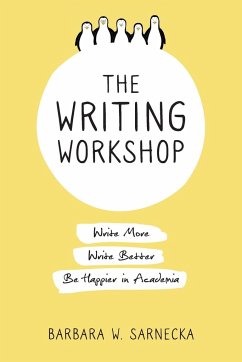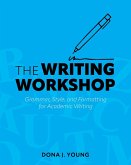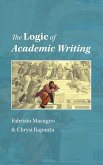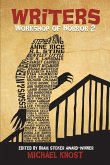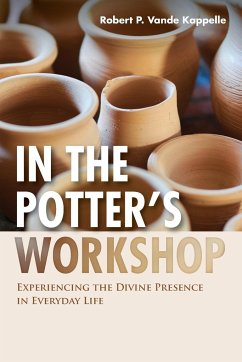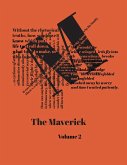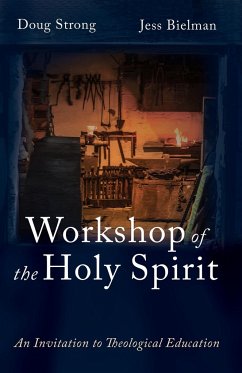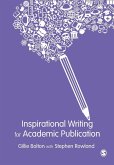Research is all about writing, but most PhD programs don't teach students how to produce the writing needed to get a PhD, publish research, or win fellowships and grants. Plus, the academic environment can feel as cold and harsh as the South Pole. But just as penguins form social huddles to survive the Antarctic winter, researchers can form writing groups to help them learn how to write more, write better and be happier in academia. The Writing Workshop tells you everything you need to know about forming and running a successful writing group, and provides invaluable tips on how to become better at and more comfortable with academic writing. Written by a professor of Cognitive Sciences at the University of California, this friendly guide is aimed at early-career researchers such as PhD students, postdoctoral scholars and new faculty members. Chapter topics include: How to form and run a writing workshop; how to plan research and writing projects over the long (one to five years), medium (ten to fifteen weeks), and short (one week) terms; how to establish and maintain a regular daily(ish) writing practice; how to write a literature review, research article, funding proposal or presentation; and how to revise for clarity at the document, paragraph, sentence and word levels. There are templates to help students set writing goals and log their writing practice, plus in-class exercises to help writers learn to hear the difference between effective and ineffective writing. Running through the book is the theme of well-being, and the idea that creativity comes from self-compassion rather than self-punishment. Writing is not only a way of producing scholarly output, but also a way of thinking, learning and generating new ideas. A regular writing practice grounded in a supportive community is something that every early-career scholar deserves and, with this book, it's something every early-career scholar can have.
Bitte wählen Sie Ihr Anliegen aus.
Rechnungen
Retourenschein anfordern
Bestellstatus
Storno

